The FEI Tribunal has issued a Consent Award in an equine anti-doping case involving a Banned Substance.
In this case, the horse Quastina (FEI ID 107MC69/BRA), tested positive for the Banned Substance Stanozolol following samples taken at the CSI5*-W São Paulo SP (BRA), 22 - 27 August, 2023.
The athlete, Lucio Vinicius De Oliveira Osório (FEI ID 10080702/BRA), admitted the rule violation and accepted the consequences. In its final decision the FEI Tribunal disqualified the horse from the event and imposed an 18-month ineligibility period on the athlete; the provisional suspension he already served shall be credited against the imposed ineligibility period. The athlete was also fined CHF 1,500.
The full Decision is available here.
USADA announced today that Ilija Tadic, of South Bend, Ind., an athlete in the sport of para swimming, has accepted a two-year sanction for an anti-doping rule violation.
Tadic, 25, tested positive for amphetamine as the result of an in-competition sample collected at the U.S. Paralympics Swimming National Championships on December 16, 2023. He also declared the use of this substance during sample collection. Amphetamine is a Non-Specified Substance in the class of stimulants and is prohibited in-competition under the USADA Protocol for Olympic and Paralympic Movement Testing, the United States Olympic and Paralympic Committee National Anti-Doping Policies, and the World Aquatics Doping Control Rules, all of which have adopted the World Anti-Doping Code and the World Anti-Doping Agency (WADA) Prohibited List.
After investigating, USADA determined that Tadic was taking amphetamine at the direction of a physician but lacked a valid Therapeutic Use Exemption (TUE). Under the USADA TUE Policy, an athlete has the responsibility to demonstrate that the therapeutic need to treat an acute or chronic medical condition satisfies the strict criteria within the WADA International Standard for TUEs (ISTUE). Although the substance was taken at the direction of a physician, Tadic chose not to pursue a prospective TUE and did not meet the criteria for a retroactive TUE. Under the applicable rules, Tadic was eligible for a reduction from the default period of ineligibility based on the specific circumstances of his case.
Tadic’s two-year period of ineligibility began on February 22, 2024, the date his provisional suspension was imposed. Tadic has been disqualified from all competitive results obtained on and subsequent to December 16, 2023, including forfeiture of any medals, points, and prizes.
In an effort to aid athletes, as well as support team members such as parents and coaches, in understanding the rules applicable to them, USADA provides comprehensive instruction on its website on the testing process and prohibited substances, how to file and update athlete Whereabouts, how to obtain permission to use a necessary medication, and the risks and dangers of taking supplements, as well as performance-enhancing and recreational drugs.
In addition, USADA manages a drug reference hotline, Global Drug Reference Online (GlobalDRO.com), conducts educational sessions with National Governing Bodies and their athletes, and distributes a multitude of educational materials, such as a supplement guide, a nutrition guide, a clean sport handbook, and periodic alerts and advisories.
USADA makes available a number of ways to report the abuse of performance-enhancing drugs in sport in an effort to protect clean athletes and promote clean competition. Any tip can be reported using the USADA Play Clean Tip Center, by text at 87232 (“USADA”), by email at This email address is being protected from spambots. You need JavaScript enabled to view it., by phone at 1-877-Play Clean (1-877-752-9253) or by mail.
USADA is responsible for the testing and results management process for athletes in the U.S. Olympic and Paralympic Movement and is equally dedicated to preserving the integrity of sport through research initiatives and educational programs.
The Court of Arbitration for Sport (CAS) has issued its decision in the appeal arbitration procedures CAS 2023/A/9451 Association Russian Anti-Doping Agency (RUSADA) v. Kamila Valieva, CAS 2023/A/9455 International Skating Union (ISU) v. Kamila Valieva, Association Russian Anti-Doping Agency (RUSADA), and CAS 2023/A/9456 World Anti-Doping Agency (WADA) v. Association Russian Anti-Doping Agency (RUSADA) & Kamila Valieva):
- The decision taken by the Disciplinary Anti-Doping Committee of the Russian Anti-Doping Agency No. 9/2023 on 24 January 2023 in relation to Ms Kamila Valieva is set aside.
- Ms Valieva is found to have committed an Anti-Doping Rule Violation (ADRV) under Clause 4.1 of the All-Russian Anti-Doping Rules of 24 June 2021 (the Russian ADR).
- A period of four (4) years ineligibility is imposed on Ms Valieva, starting on 25 December 2021.
- All competitive results of Ms Valieva from 25 December 2021 are disqualified, with all the resulting consequences (including forfeiture of any titles, awards, medals, profits, prizes, and appearance money).
According to Clause 4.1 of the Russian ADR, athletes are responsible for any Prohibited Substance found to be present in their samples and the presence of any prohibited substance amounts to an ADRV. In this matter, a prohibited substance, Trimetazidine (TMZ), was found to be present in the sample collected from Ms Valieva on 25 December 2021 during the Russian National Championships in St Petersburg, Ms Valieva did not contest liability in that she accepted that, by reason of the presence of a TMZ in her sample, she had committed an ADRV under Clause 4.1 of the Russian ADR
It was therefore a matter for the CAS Panel to consider what sanctions, if any, should be imposed on Ms Valieva pursuant to the Russian ADR, bearing in mind that, in the absence of grounds for elimination, reduction or suspension, the Russian ADR provide for a four-year period of ineligibility. In order to benefit from a reduced period of ineligibility, Ms Valieva needed to prove, by a balance of probabilities that she had not intentionally committed the ADRV by engaging in conduct which she knew constituted an ADRV or in conduct where she knew that there was a significant risk that said conduct might constitute or result in an ADRV and had manifestly disregarded that risk. Having carefully considered all the evidence put before it, the CAS Panel concluded that Ms Valieva was not able to establish, on the balance of probabilities and on the basis of the evidence before the Panel, that she had not committed the ADRV intentionally (within the meaning of the Russian ADR).
The CAS Panel stressed that the test with respect to intention under Clause 12.2 of the Russian ADR is one and the same whether the athlete is an adult or a Protected Person. It means that if a Protected Person fails to discharge the burden (which under the Russian ADR is borne by the athlete) that he or she did not commit ADRV intentionally, there is no basis under the rules to treat them any differently from an adult athlete. Accordingly, since it was determined that there was no scope for the exercise of discretion to reduce the period of ineligibility, a four-year period of ineligibility was imposed by the Panel.
The period of ineligibility starts on 25 December 2021 and any period of provisional suspension served by Ms Valieva is to be credited against that period of ineligibility. The CAS Panel also ordered the disqualification all competitive results achieved by Ms Valieva from 25 December 2021, with all the resulting consequences (including forfeiture of any titles, awards, medals, profits, prizes, and appearance money).
The consequences linked to the retroactive disqualification of Ms Valieva from past events, including from the Olympic Winter Games Beijing 2022, were not within the scope of this arbitration procedure and will have to be examined by the sports organisations concerned.
The Arbitral Award issued by the CAS Panel is currently subject to a confidentiality review meaning that the parties might request that the Arbitral Award, or certain information contained in it, remain confidential. For this reason, the Arbitral Award will not be published immediately on the CAS website.
The CAS Panel’s decision is final and binding, with the exception of the parties’ right to file an appeal to the Swiss Federal Tribunal within 30 days on limited grounds.
The FEI Tribunal has issued a Final Decision under the FEI Equine Anti-Doping Rules Article 2.3 for Evading, Refusing or Failing to Submit the horse to Sample Collection.
In this case, the athlete Ayedh Al Mughamer (FEI ID 10174065/KSA), failed to submit the horse Talaqah (FEI ID 108BA98/KSA), to the doping control station for a sample collection at the CEI1* 100 Riyadh (KSA), 10-11 February 2023.
The horse was selected for a mandatory in-competition doping control test on 11 February following a positive hyposensitivity examination. The athlete refused the testing and left the event with the horse.
In its final decision the FEI Tribunal imposed a two-year ineligibility period on the athlete from the date of the decision, the provisional suspension served by the athlete will be credited against the period of ineligibility. The athlete was also fined CHF 7,500 and asked to pay costs of CHF 2,000. Lastly, the results of the horse and athlete combination from the event will be disqualified.
The full Decision is available here.
Separately, the FEI has notified an alleged Equine Anti-Doping Rule Violation under the Equine Anti-Doping and Controlled Medication Regulations (EADCMRs). In this case, the athlete has been provisionally suspended until the decision of the FEI Tribunal and the horse has been provisionally suspended for two months.
The Canadian Centre for Ethics in Sport (CCES) announced today that Donovan Burgmaier, a U SPORTS football athlete affiliated with the University of Alberta, received a seven-year sanction for a second anti-doping rule violation. The athlete’s urine sample, collected out of competition on March 3, 2023, revealed the presence of dehydrochlormethyltestosterone, a prohibited anabolic agent.
On August 6, 2023, the athlete signed an Early Admission and Acceptance, thereby admitting to the violation, waiving his right to a hearing, and accepting the asserted period of ineligibility and all other consequences. As a result, the otherwise applicable eight-year period of ineligibility was reduced by one year in accordance with Canadian Anti-Doping Program (CADP) rule 10.8.1. The seven-year sanction will begin January 26, 2028 (the end date of his current period of ineligibility) and concludes on January 25, 2035.
During the sanction period, the athlete is ineligible to participate in any capacity with any sport signatory to the CADP, including training with teammates.
In compliance with rule 8.4 of the CADP, the CCES’s file outcome summary can be found in the Canadian Sport Sanction Registry.
Published Tuesday, 21 September 2021.
The FEI Tribunal has issued its Final Decision in a case involving a Prohibited Substance.
In this case, the horse Chaman Ginn (FEI ID 106DF41/ARG), ridden by Juan Benitez Gallardo (FEI ID 10105043/ARG), at the CCI4*-S in Quillota (LTU) 8-12 December 2023, tested positive for the prohibited substance O-Desmethylvenlafaxine.
The athlete was able to trace the probable source of the Banned Substance in the horse’s system back to human cross-contamination caused by his support personnel, who urinated in the box of the horse while being on medication, which was very likely to account for the positive sample.
In its Final Decision, the FEI Tribunal accepted the agreement reached between the FEI and the athlete, according to which the athlete had clearly established on a balance of probabilities, how the Banned Substance 0- Desmethylvenlafaxine entered the Horse’s system. Therefore, the period of ineligibility imposed on the athlete shall be eliminated. The athlete will also not incur any fines, however the results obtained at the event remain disqualified.
The full Decision is available here.
The Canadian Centre for Ethics in Sport (CCES) announced today that Mitchell McKay, a softball athlete, received an 18-month sanction for an anti-doping rule violation. The athlete’s urine sample, collected in-competition on August 2, 2023, revealed the presence of pseudoephedrine, a prohibited specified stimulant.
In response to the CCES’s notification of the adverse analytical finding, the athlete signed an Agreement on Consequences thereby waiving their right to a hearing and accepting the proposed sanction and all other applicable consequences. Because the athlete accepted a voluntary provisional suspension on September 7, 2023, the sanction ends on March 6, 2025.
During the sanction period, the athlete is ineligible to participate in any capacity with any sport signatory to the Canadian Anti-Doping Program (CADP), including training with teammates.
In compliance with rule 8.4 of the CADP, the CCES’s file outcome summary can be found in the Canadian Sport Sanction Registry.
UK Anti-Doping (UKAD) has today confirmed that Rugby League player Taylor Baddeley received a one-month ban from all sport following an Anti-Doping Rule Violation (ADRV) for the presence of a Prohibited Substance in his urine Sample. At the time of this announcement, the ban has been served and the player is free to resume participation in sport.
On 8 April 2023, UKAD collected an In-Competition urine Sample from Mr Baddeley at a game between Castleford Tigers Academy and Wakefield Trinity Academy. Analysis of Mr Baddeley’s Sample returned an Adverse Analytical Finding (AAF) for benzoylecgonine, a Metabolite of cocaine.
Cocaine is listed under section S6A of the World Anti-Doping Agency (WADA) 2023 Prohibited List as a stimulant. It is a non-Specified Substance that is prohibited In-Competition only. The WADA 2023 Prohibited List also identifies cocaine as a ‘Substance of Abuse’.
The UK Anti-Doping Rules (ADR), which implement the 2021 World Anti-Doping Code for sports in the UK, set out specific rules on how ADRVs related to Substances of Abuse should be managed. Shorter bans of three months are available for such substances when found In-Competition, if their ingestion takes place Out-of-Competition and in a context unrelated to sport performance. A further reduction in the length of ban, down to one month, is available if an Athlete satisfactorily completes a Substance of Abuse treatment programme approved by UKAD.
On 19 May 2023, UKAD notified Mr Baddeley that he may have committed ADRVs in violation of the ADR. Mr Baddeley was also provisionally suspended from this date.
On 2 June 2023, Mr Baddeley admitted that he had used cocaine recreationally while in a social setting during the Out-of-Competition period. UKAD instructed a scientific expert to examine whether the concentration of benzoylecgonine detected in Mr Baddeley’s Sample was consistent with the explanation he provided. The scientific expert’s opinion was that cocaine had likely been consumed during the Out-of-Competition period.
UKAD charged Mr Baddeley on 11 July 2023 with the commission of an ADRV under ADR Article 2.1 (presence of a Prohibited Substance or its Metabolites or Markers in an Athletes Sample). On 20 July 2023, Mr Baddeley accepted the charge and the asserted period of Ineligibility of three months. Mr Baddeley provided UKAD with a report following his completion of a Substance of Abuse treatment programme. UKAD reviewed the contents of the report and in accordance with its own policy ‘Substances of Abuse: Policy for determining approved treatment programmes’ granted a reduced period of Ineligibility of one month.
Mr Baddeley has been afforded credit for the time he has spent provisionally suspended (since 19 May 2023). Mr Baddeley’s period of Ineligibility was lifted on 18 August 2023 and he is free to resume participation in sport.
Speaking on the case, UKAD Chief Executive, Jane Rumble said: “Substances of Abuse as defined in the WADA Prohibited List are prohibited in sport because they represent a real health risk to the Athlete, and they violate the spirit of sport. Athletes caught using cocaine and other ‘recreational drugs’ Out-of-Competition may receive a ban from sport and risk jeopardising their playing career.
“The Substance of Abuse treatment programme supports Athletes to recognise the dangers of substance misuse and identify where to turn to for support in the future.”
The Rugby Football League and Rugby League Cares, the sport’s independent charity which leads on player welfare, added:
“Rugby League supports UKAD in its testing programme of players at all levels of the sport, in and out of competition, and in this case specifically the recent introduction of the Substance of Abuse programme following positive tests for recreational drugs – supporting players in recognising the dangers of substance misuse, and explaining the range of options for ongoing support – which in Rugby League is led by RL Cares.”
Welsh rugby union player Joshua Hicks has been banned from all sport for a period of four years following Anti-Doping Rule Violations (ADRVs) for the Presence and Use of Prohibited Substances.
On 8 October 2022, UK Anti-Doping (UKAD) collected an In-Competition urine Sample from Mr Hicks at a game between Pembroke RFC and Penclawdd. Analysis of Mr Hicks’ Sample returned Adverse Analytical Findings (AAFs) for anastrozole, tamoxifen and drostanolone.
Anastrozole is listed under section S4.1 of the WADA 2022 Prohibited List as an Aromatase Inhibitor. It is a Specified Substance that is prohibited at all times.
Tamoxifen is listed under section S4.2 of the WADA 2022 Prohibited List as an Anti-Estrogenic Substance. It is a Specified Substance that is prohibited at all times.
Drostanolone is listed under section S1.1 of the WADA 2022 Prohibited List as an Anabolic Androgenic Steroid. It is a non-Specified Substance that is prohibited at all times.
On 16 December 2022, UKAD notified Mr Hicks that he may have committed ADRVs pursuant to Article 2.1 (Presence of a Prohibited Substance or its Metabolites or Markers in an Athlete’s Sample) and 2.2 (Use or Attempted Use of a Prohibited Substance or Prohibited Method) of the 2021 UK Anti-Doping Rules (ADR), and provisionally suspended him.
Mr Hicks responded to UKAD’s Notice letter on 16 December 2022 and admitted taking the Prohibited Substances.
UKAD therefore charged Mr Hicks with ADRVs in relation to all three Prohibited Substances on 03 March 2023. On 21 March 2023, Mr Hicks re-iterated his admissions to taking the Prohibited Substances, but disputed the four-year period of Ineligibility asserted by UKAD.
On 04 April 2023, the matter was referred to the independent National Anti-Doping Panel (‘NADP’). However, on 28 June 2023, Mr Hicks confirmed that he now acceded to the period of Ineligibility of four years, and no longer wished to pursue a hearing before the NADP.
Speaking on the case, Hamish Coffey, UKAD Director of Operations, said:
“This case makes clear to those participating in rugby union in Wales that UKAD can conduct anti-doping Testing at all levels of WRU competition, and that all participants of the sport are liable for the consequences of their actions should they violate the ADR.
“All rugby players need to understand that taking banned substances will result in lengthy bans from the sports they love, and have trained long and hard to take part in. Rugby is a team sport, we want to protect sport for all, and we will always act to catch those individuals who try and cheat the system. It is never worth the risk.”
The Welsh Rugby Union (WRU) added, “The WRU promotes Clean Sport, and players at every level of the game, must adhere to the WRU Anti-Doping Rules. It’s vital that players are aware of the risks if they decide to take a prohibited substance for performance-enhancing or recreational reasons. We want players to make good decisions both on and off the field.”
Mr Hicks is banned from all sport for a period of 4 years from 16 December 2022 to 15 December 2026 inclusive.
Published Tuesday, 21 September 2021.
Published Tuesday, 21 September 2021.

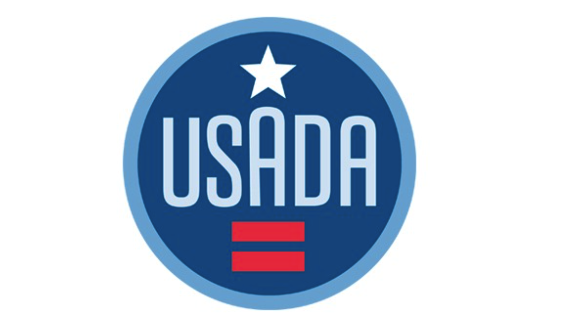
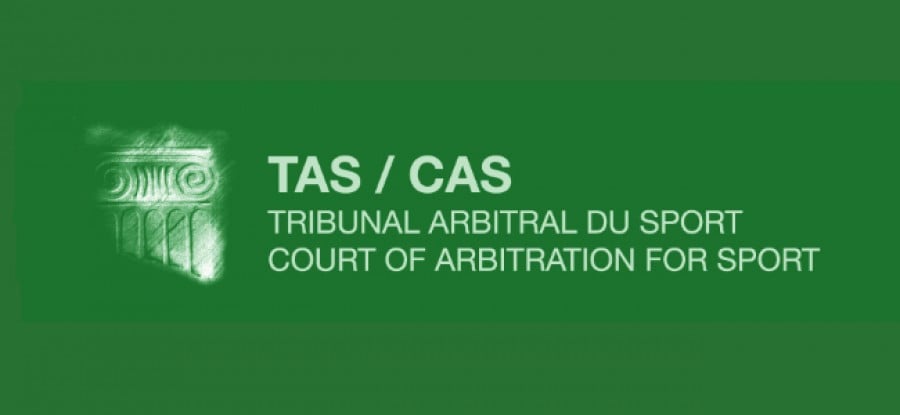
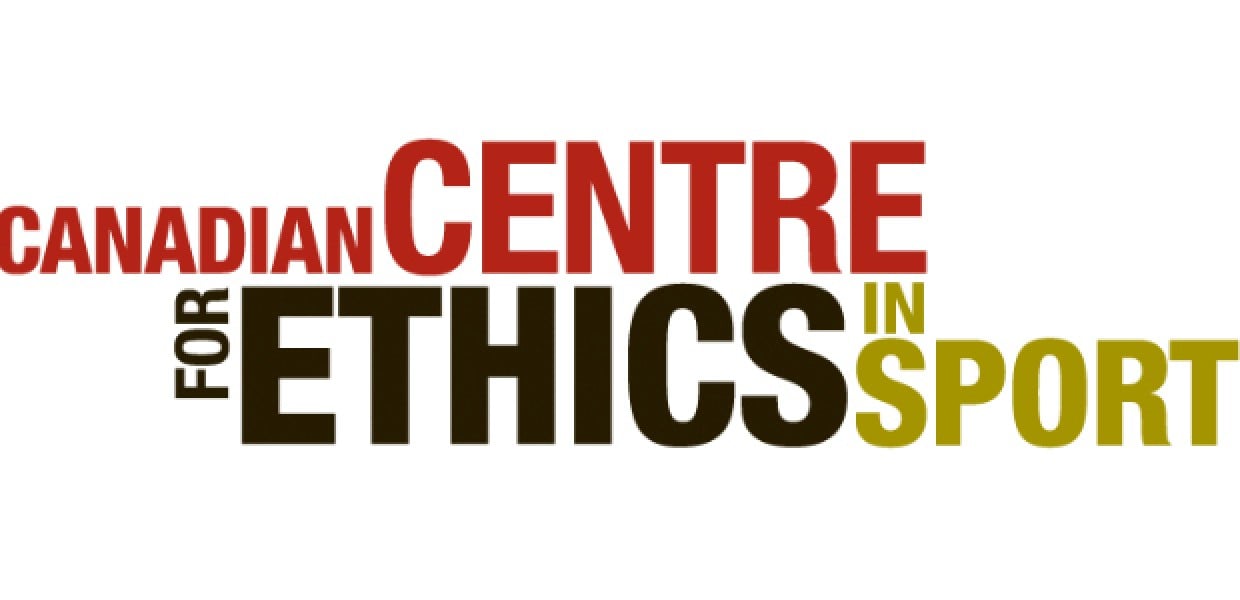
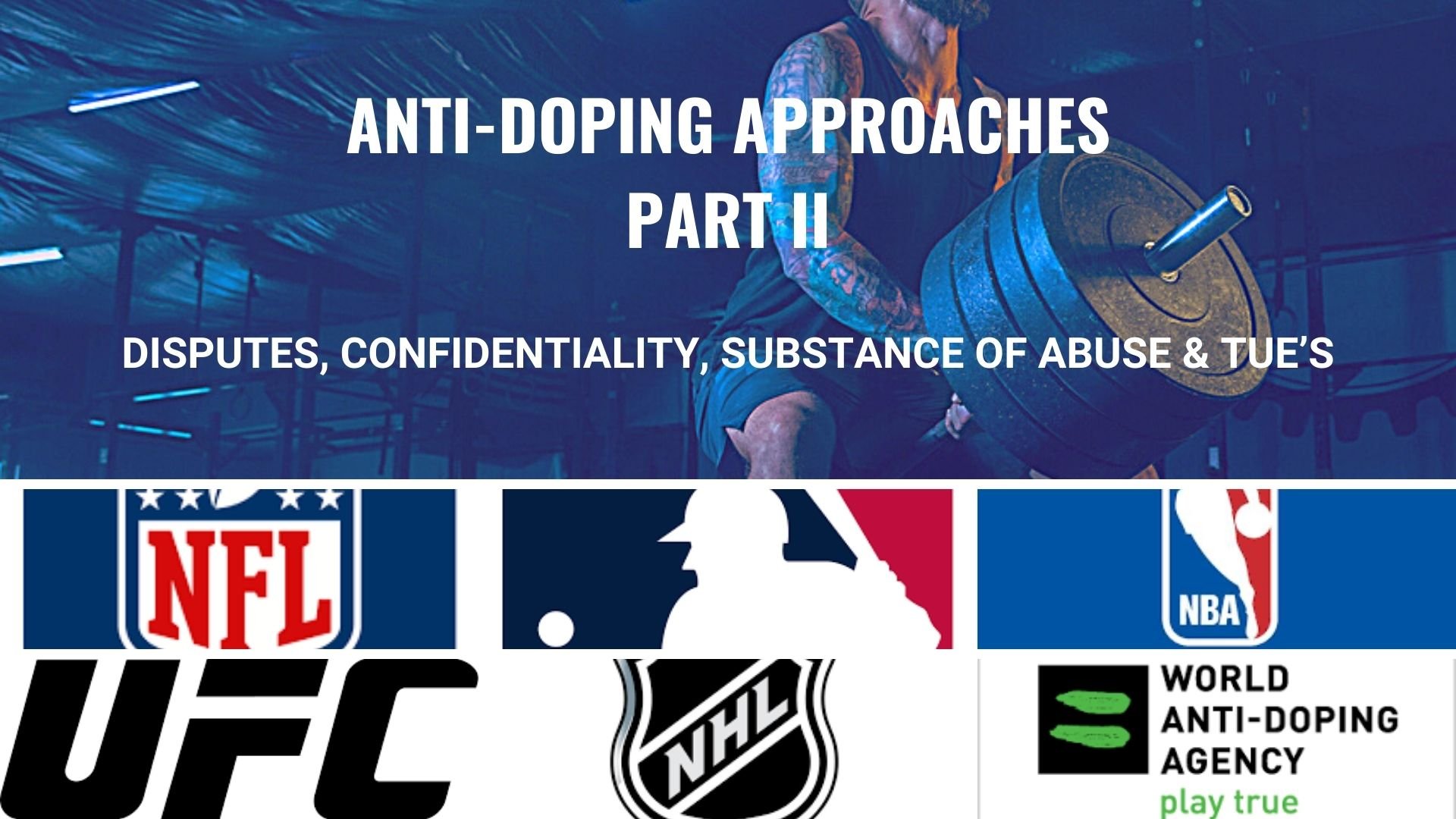
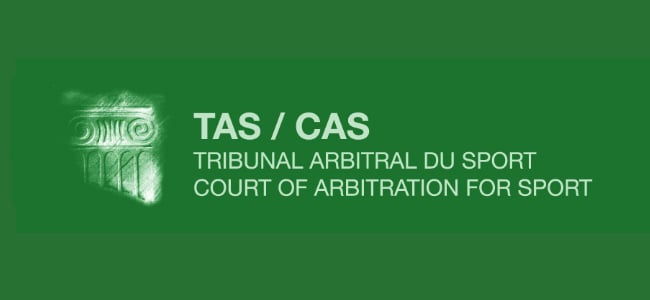
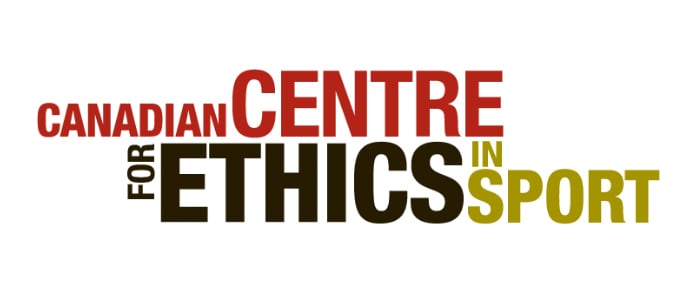
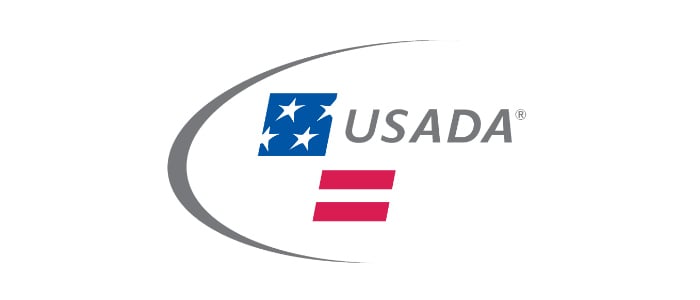
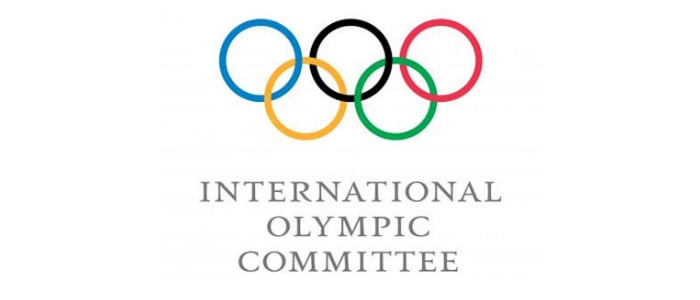
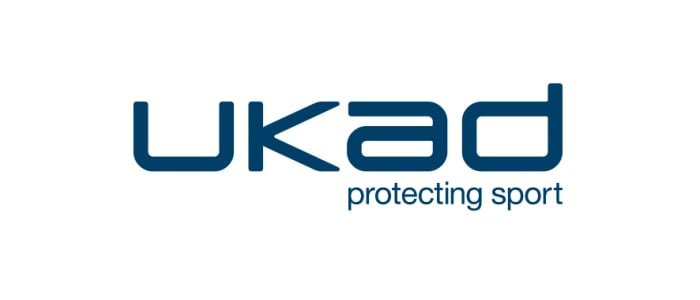



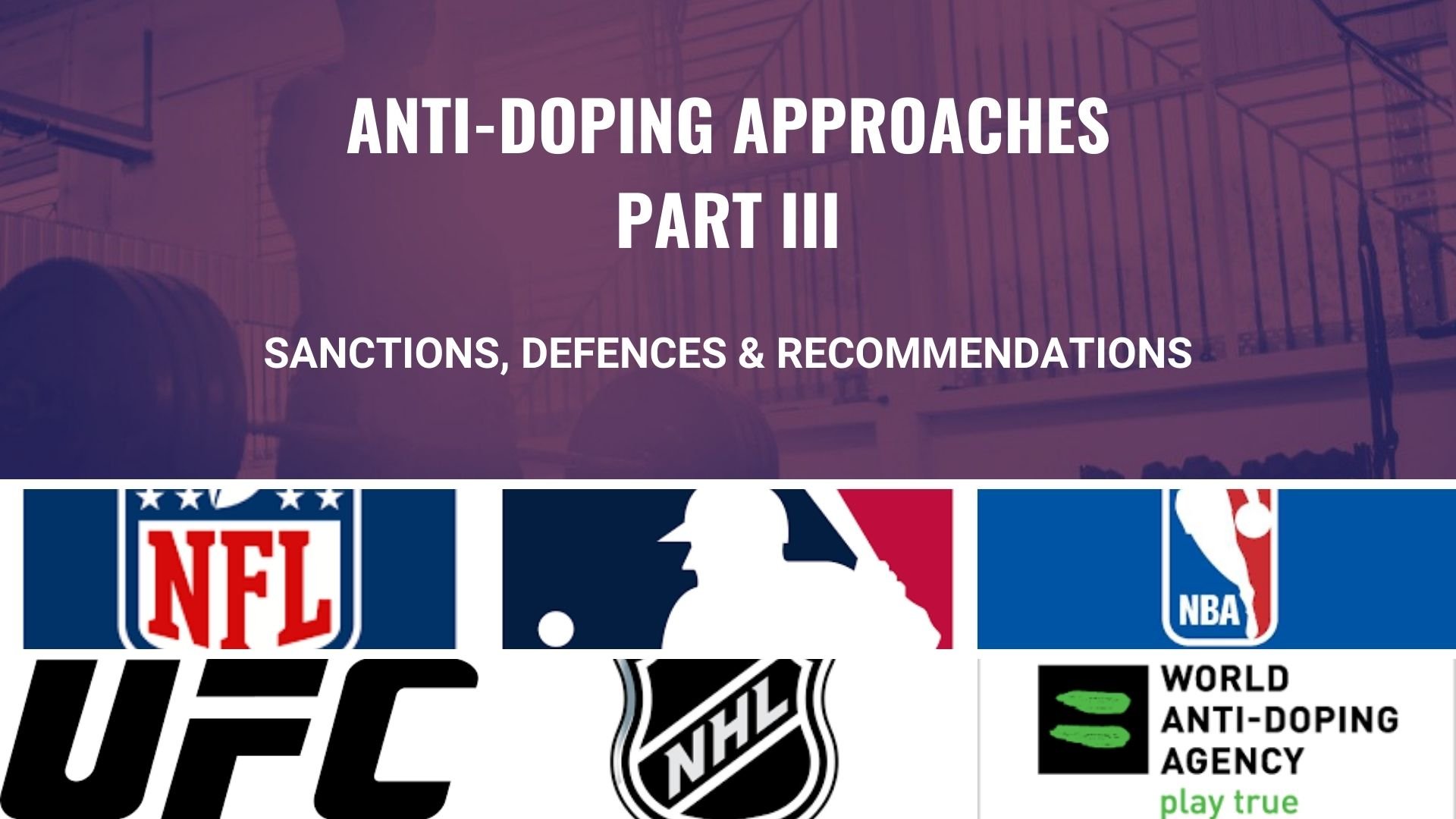
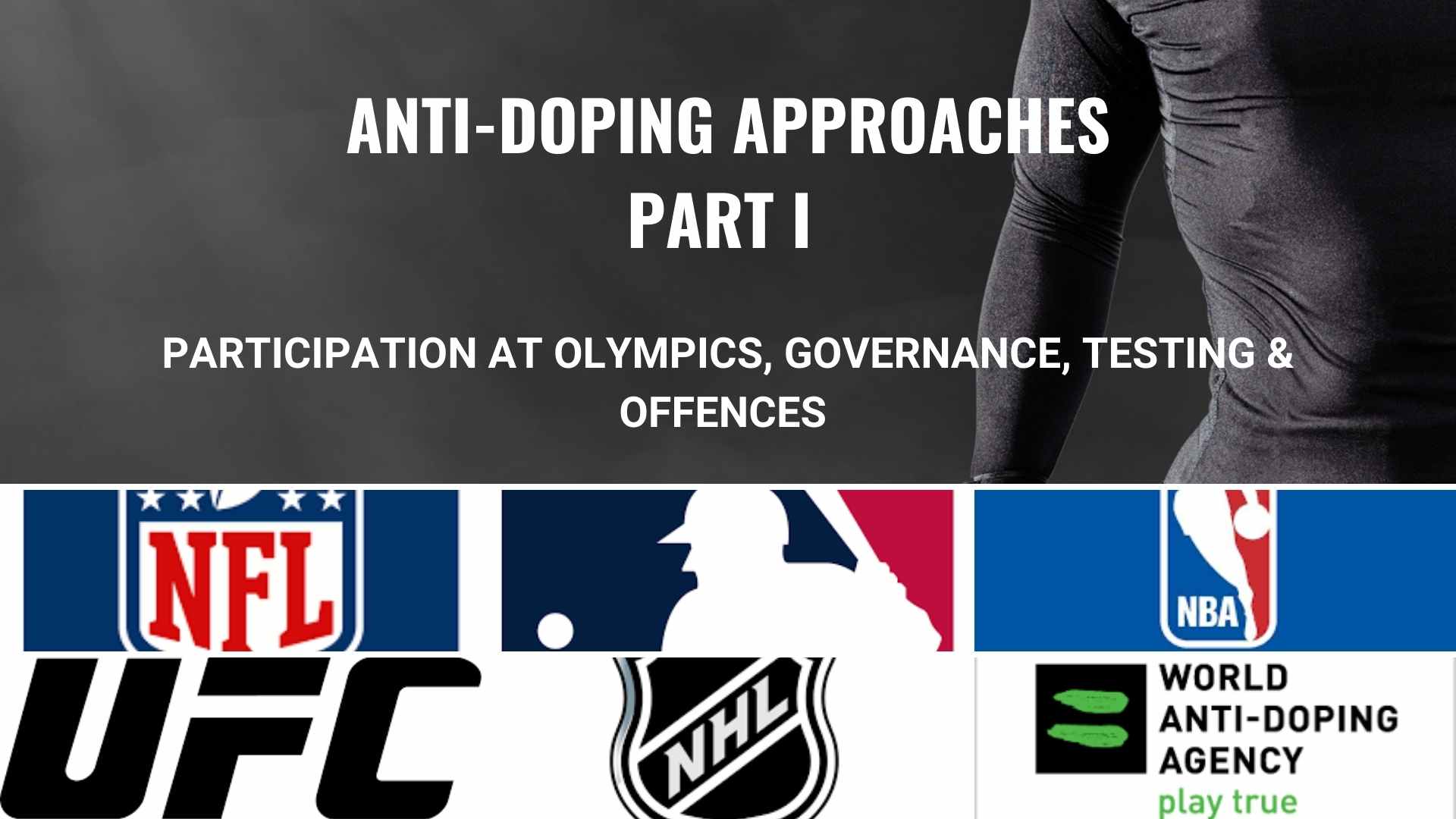
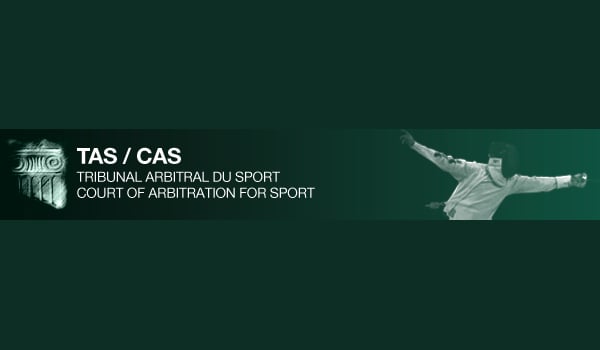

 Global Summit 2024
Global Summit 2024